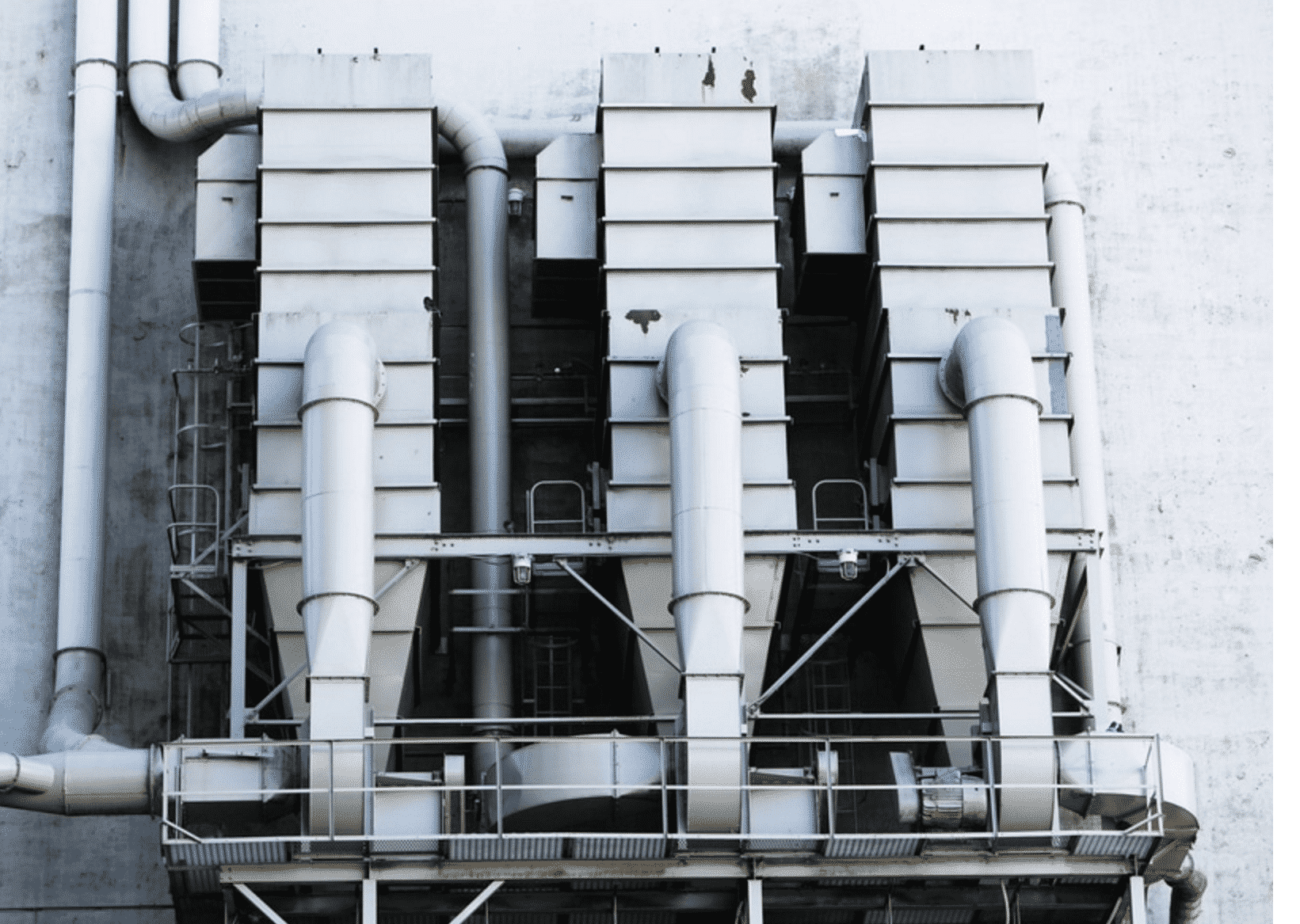Ultimate HVAC Career Guide
What is HVAC?
The term HVAC is an acronym for a few adjacent disciplines that include heating, ventilation, and air conditioning. In its simplest terms, an HVAC professional are able to design, install, and service the mechanical and electrical equipment necessary to properly heat and cool buildings and/or households.
What is a Refrigeration Maintenance Technician?
A Refrigeration Maintenance Technician is a professional that provides systematic service and maintenance on refrigerated warehouses and manufacturing facilities to ensure a properly attuned climate-controlled environment for a variety of manufacturing and storage industries. In the recent past, the refrigeration maintenance trade has blended with HVAC disciplines to create the broad-based trade known as HVACR. For clarification, we will use HVAC and HVACR interchangeably going forward.
Top HVAC Job Duties
Those who work as mechanics and installers in the fields of heating, air conditioning, and refrigeration are held responsible for the continued maintenance or timely repair of any cooling and ventilation systems in the buildings that they are hired to maintain. Heating, ventilation, cooling, and refrigeration are their areas of expertise and they are also responsible for controlling the quality of the air in a building in addition to the discrete temperature.
Most HVACR professionals are expected to perform the following: understand 3 phase motor control systems, read blueprints, insulating refrigerant lines, adept at troubleshooting techniques in electrical and PLC control systems, cutting and soldering pipes, able to safely replace electrical and mechanical components including motors, solenoids, switches, pumps, motor starters, refrigeration valves, and compressors.
Most Popular HVAC Work Setting
While HVAC professionals are often employed in a household environment, these technicians can work in a variety of settings beyond residential settings that may include hospitals, schools, factories, warehouses, high rise buildings, mixed use facilities, and office buildings.
Working conditions are usually very hot or very cold, as the heating and cooling systems in a building are often functioning concurrently. It is important to note, HVACR system parts can be located on the exterior of the building and HVACR technicians will be exposed to the elements in these type of situations.
As part of the regular maintenance of mechanical and electrical equipment, there are times when an HVACR professional will be needed on short notice or after hours to get a system back online. As such, they may need to work extended and irregular hours to fulfill their contractual obligations.
How to Become an HVAC Maintenance Technician
Most heating and cooling systems have increased in complexity in recent years which requires a more stringent set of educational requirements to successfully enter this field. An employer will ask an applicant to provide proof of their post-secondary education and those who have already worked as apprentices are more attractive when compared to other candidates. Depending on the state or municipality in which you reside, an HVACR technician may also have to carry a specific set of licensure.
What Options Exist for HVACR Apprenticeship Programs?
An HVACR apprenticeship program is often operated by joint entities representing local chapters of specific organizations. A few examples for reference include the following apprentice programs:
- Air Conditioning Contractors of America
- Mechanical Contractors Association of America
- Home Builders Institute
- Associated Builders and Contractors
- Plumbing Heating Cooling Contractors Association
- United Association Union of Plumbers, Fitters, Welders, and Service Techs
Why Become an HVAC or Refrigeration Maintenance Technician?
Simply put, the future is incredibly bright and there is a great deal of opportunity for growth. If you decide to choose a career as an HVACR technician you can rest assured there is a wide range of employment options available to you in a growing industry.
Studies have been conducted by The Bureau of Labor Statistics concluded the industry as a whole is expected to grow at a rate over 14% through 2024 which is more than twice the composite growth rate for all industries studied. With an industry that currently employs nearly 300,000 professionals, a growing demand within the HVACR trade for the foreseeable future is a heartening peek into the future for anyone seeking to be challenged and engaged in a solid profession.
This level of growth translates to greater job stability and career growth opportunities as new jobs and professional tracks are created to meet the needs of the marketplace. The BLS data reveals that salaries are also growing on a consistent basis and are expected to soon outpace the level of compensation most HVACR maintenance technicians have seen in the past.
Why Is Job Growth within HVAC So High?
As buildings continue to update their heating and cooling technology, the older equipment becomes outdated. The older the HVAC equipment, the more it costs to maintain and run on a daily basis, in addition to the decreased level of comfort for people within the buildings along with the associative toll on the environment.
With corporations, government entities, and employers realizing the benefits of going green while providing optimal comfort to their employees, the need for experienced and qualified HVACR maintenance technicians will continue to flourish going forward.
Exchanging an outdated HVAC unit with a newer more environmentally efficient system has a multitude of benefits with a quicker payback than ever before spurring many units to be upgraded and placed on a long-term maintenance contract thus fortifying the HVACR industry further.
Instead of waiting for breakdowns and other issues to occur, HVACR maintenance technicians are now hired as a preventive measure to protect that investment. Since projections for the installation of new systems are constantly on the rise, the need for technicians that can handle the task will increase accordingly.
How Much Do HVACR Techs Make?
The earning potential of HVACR technicians has never been higher and is only projected to increase in the years to come. The average technician within the HVAC trade makes an average of $42,000 per year while the top ten percent in the industry are able to accrue as much as $67,000 each year.
That being said, overtime pay is often available to those who can handle disparate temperatures and long work hours which adds a significant bump to an HVAC professional’s annual earnings. HVACR technicians that gain employment with larger companies can earn a salary of nearly twice the median pay and projections for the industry are highly positive, with some predicting a pay increase of up to 40 percent in the coming years.
Where Are the Most Job Opportunities Located?
There are numerous opportunities for qualified technicians in numerous parts of the country. Job security for HVACR maintenance technicians has never been better and homes/businesses are always going to need assistance with the heating and cooling of their properties.
According to the BLS, the majority of the country can offer an average level of opportunity with several Eastern/Southern states projecting an above average opportunity growth level including New Jersey, Maryland, Maine, Virginia, North Carolina, Alabama, Louisiana, and Florida.
All in all, the future continues to be very bright for those who decide to pursue a long term career in the HVACR field through a great college degree. Not only are you placing yourself on a very exciting professional path, but you are increasing your odds of job security and growing compensation in conjunction with a solid professional experience.
With no end in sight to the projected growth in the HVACR field, it appears as though there will be plentiful options for your growing career.
Additional HVAC Resources
For additional resources, make sure to visit the HVAC degree finder and locate the college degree programs that are best suited for you within a single portal. Top colleges will reach out to you with admissions information to help you determine which school is best for you given your unique talents and aspirations in the field of HVAC and HVACR.






